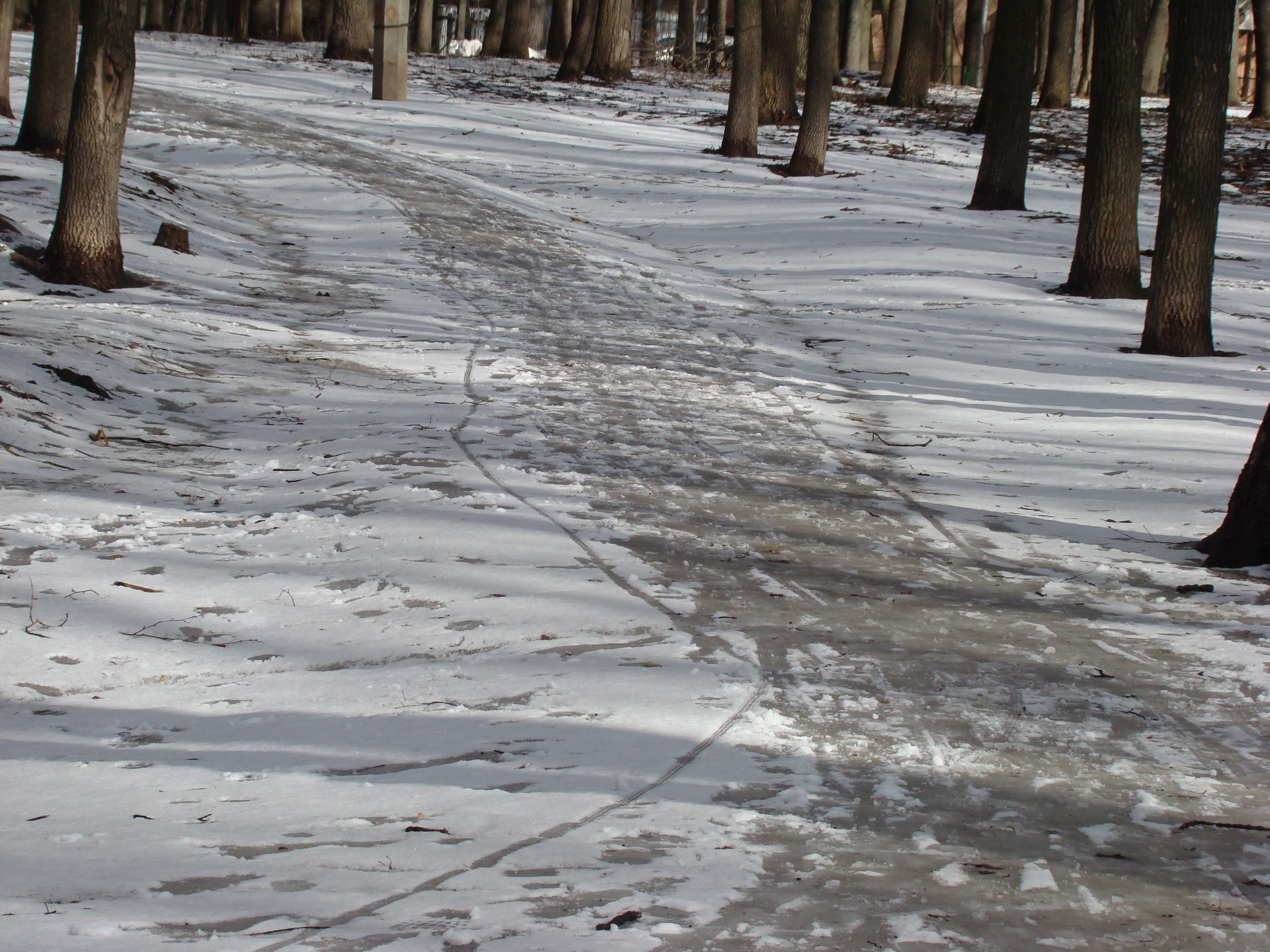Do Fish a Favor: Stop Salting Your Sidewalks
Alternatives to Harmful Salt De-Icers
The Problem with Road Salt
Rock salt (sodium chloride) is the easiest, fastest and cheapest way to make ice go away, but it can damage plants, cause concrete to heave and crack and washes into streams and waterways, harming aquatic life.
Streams and lakes lie alongside many of the roads and highways that zigzag across North America. Plants and animals that inhabit these water bodies are exposed to many of the substances we put on roads, parking lots, driveways and walkways including road salt.
While rock salt reduces winter road accidents, it also has serious, negative effects on aquatic ecosystems. At high concentrations, salt can be fatal to some aquatic animals.

Chemical De-Icing Alternatives
Homeowners looking for green alternatives to harmful salt and chemical de-icers can consider some of these suggestions.
The “Greenest” Alternative: a Shovel
Simply shoveling away the snow after a storm will prevent the need for extra ice melting treatments. Make it easier this year by spraying the shovel blade with cooking oil. This will stop snow and ice from sticking while you work and make your time outside go by faster.
Go for Traction
Go for traction not de-icers, such as sand/gravel, kitty litter (non-clumping), sawdust, or ashes from your fireplace.
Improve Drainage
Redirect downspouts away from walkways and driveways. Consider pervious pavement or pavers.
If you have to use chemical de-icers, use it sparingly.
Use chemical de-icers only in critical places and before ice has built up. Make sure you know what chemical you are buying and don’t be lured in by a product just because it has a “green label."
Try calcium magnesium acetate. It's not toxic to most plants and animals and is biodegradable. Although, it has been shown to deplete oxygen in some ponds. It is only effective up to -7 C (like rock salt) and is expensive (20x the price of rock salt).
Stay away from chlorides (sodium chloride, calcium chloride, magnesium chloride, potassium chloride). Despite some of them being touted as “green,” they are all salts that negatively impact animals, plants and/or freshwater ecosystems and are listed as toxic under the Canadian Environmental Protection Act.
Stay away from urea (also known as carbamide or carbonyl diamide). This chemical is a nutrient that can lead to eutrophication in freshwater systems.
Look for pet-friendly brands. Some brands may be more focused on the safety of dogs, cats and horses than safety to the landscape or water supply, but pet-friendly brands are often better for the environment.
Homemade Ice Melter
Ingredients:
- 2 quarts of water
- 6 drops of dish soap
- 2 ounces of rubbing alcohol
Transfer this solution to a spray bottle. The ice should break up right away and make shoveling much easier.